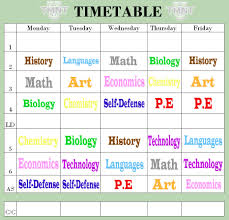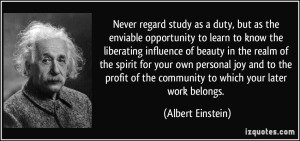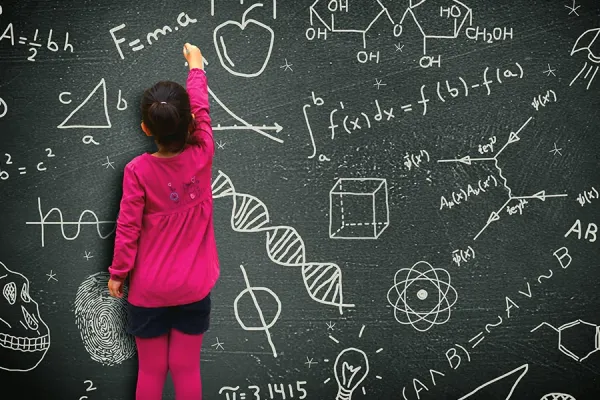Dear all,
By now I have interviewed about 20 people on the right to education in the Netherlands, of whom about 50% children. Some of these people had positive experiences with education, some negative. What seems to be a big factor in how children experience their education is the amount of enforcement involved.
How do you remember your education? Was/is it something you do because you MUST or something you do because you WANT TO?
Today I met a 10 year old boy who had even more trouble than most children with the obligatory character of education. He simply felt greatly unhappy with teachers telling him what to do ("today you finish paragraph 5.1 of maths and you read 10 pages", etc). Philosopher Michel Foucault compared a school to a military institution. According to Foucault, schools are focused on teaching discipline, like a military academy. Students are taught discipline like soldiers. You can see this by how even the physical side is forced; you have to sit/stand/walk/stand in line when the teacher tells you to, the timetable is strict.
Any student should who has a problem with authority will not make it to the diploma.
However, the boy I met today now does not study much at all. He is at home most of the time, and his parents are trying to give him space for him to find out what he wants and to start studying it. They believe that with time, something will interest him and he will find the motivation to study, because it is interesting to him. After all, you can learn how to read and write and calculate not only from studybooks. Imagine for example that you find a great interest in stars, you will want to study stars by reading about them, maybe take notes, explain them to others, calculate their positions.
The idea sounds great and wouldn't it be great if school was just much more FUN? Or can it not be all fun? Does the right to education involve a duty to study?






